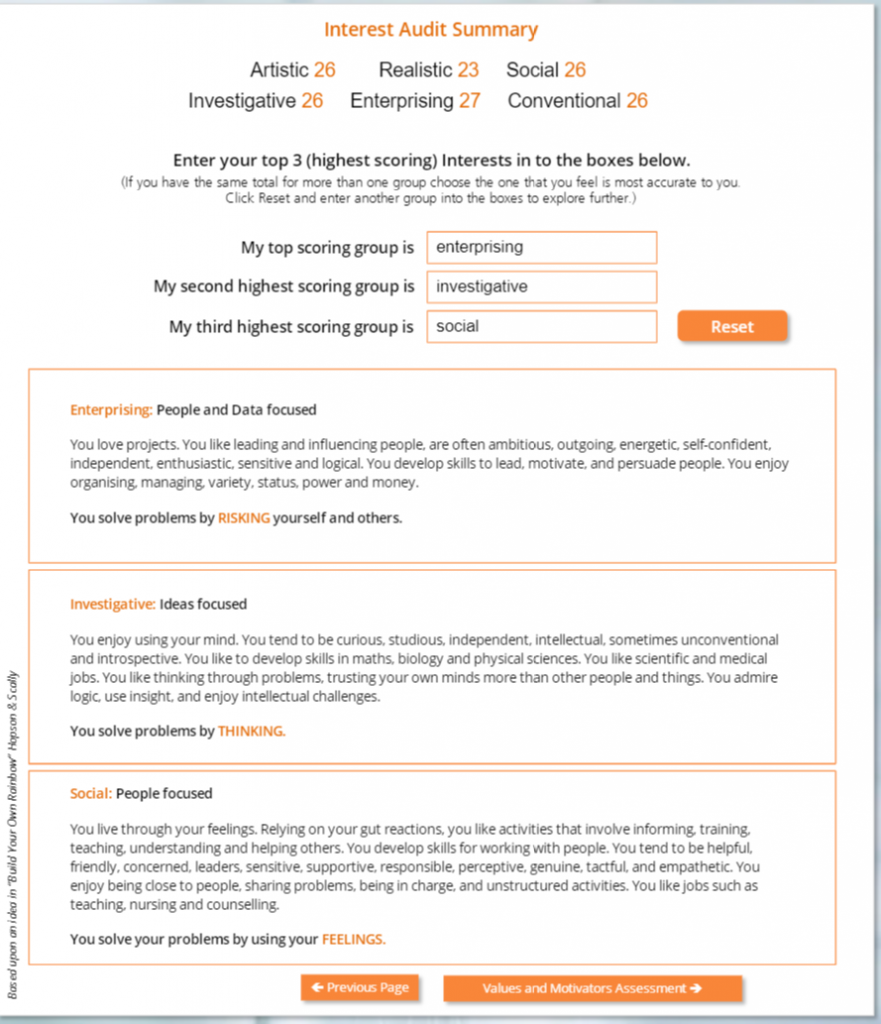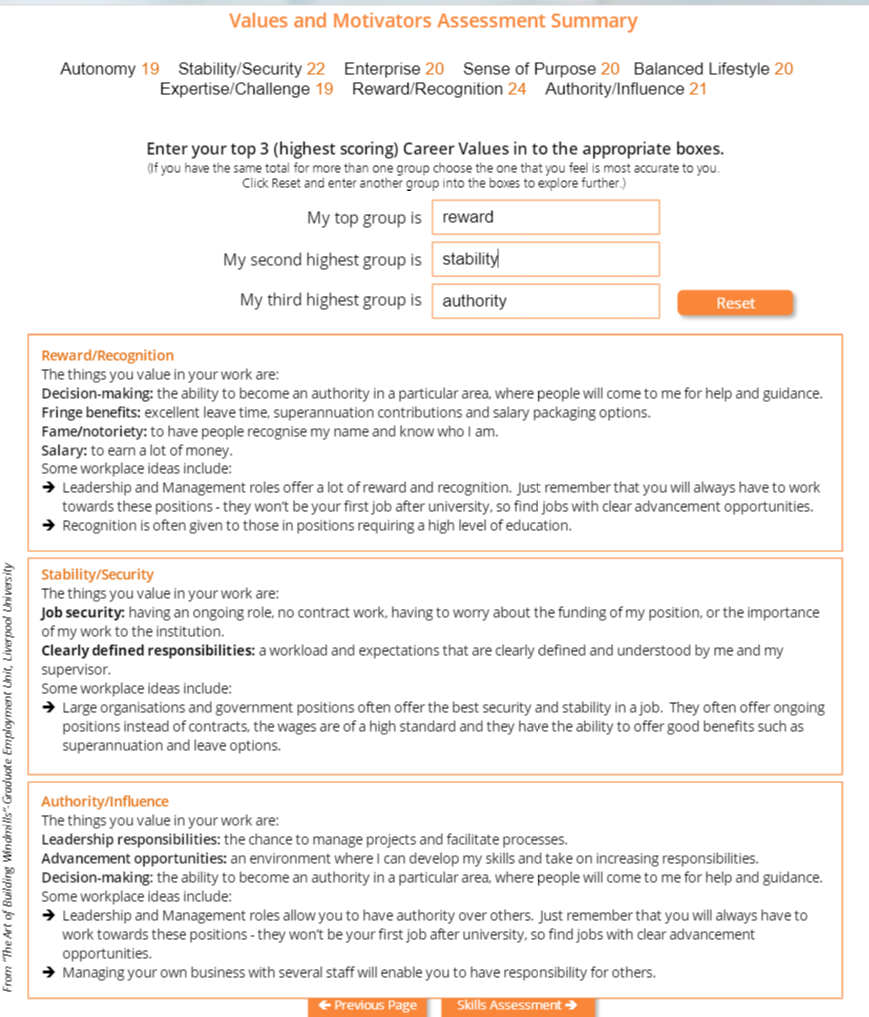In this era of rapidly evolving technology, the number and vulnerabilities of cyber attacks is also advancing. This makes it imperative for cyber security experts to keep pace with the escalating cyber threats (Benjamin Roussey, 2018, para 1). Hence, it is evident that building a career in cyber security requires mastering a number of technical as well as soft skills.
Required Skills
According to Deloitte (2017), IT professionals who possess a mix of technical Information Communication Technologies (ICT) capabilities and general enterprise skills are placed at high value by the employers. In the same context, cyber security experts need to have highly developed core skills as well as the ability to connect and communicate with people from non-technical background.
Technical Skills
According to Banjamin Roussey (2018), in reference to my aspired profession of an Information Security Analyst, the key technical skills that I should have are
- Intrusion Detection
Powerful trojans and backdoor codes used to steal confidential information by bypassing security walls or firewalls of authentication in a network system are common nowadays. Ability to detect and prevent such intrusions form the core skill of an Information Security Analyst. - Malware Analysis and Reversing
Malware intrusion is a serious issue. Information Security Analysts are required to stay proactive in their approach towards analysing and managing malware threats and installations and also in speedy recovery in the wake of a data breach. - Programming know-how
Knowledge of computer languages such as C, C++, PHP, Perl and Java is imperative to understand the back-end of a system and fight threats efficiently. - Thinking like a black-hat
As it is commonly said, precaution is better than cure. Anticipating an attack and preparing for the contingency beforehand is infinitely better than doing the damage control afterwards. For this, thinking like a hacker and being able to anticipate his moves is an important skill to master. - Risk analysis and mitigation
This skill requires the ability to pre-plan and focus attention on details in order to identify and track potential risks and vulnerabilities in a system and mitigate them.
Non-technical Skills
The job of an Information Security Analyst included emphasis on a range of non-technical skills as well. According to a report by Alison Doyle (2019), the following are must-have skills for a security analyst
- Communication
Security analysts must regularly draft stringent policies and discuss these with the management authorities to keep cyber threats in check. It is also their responsibility to educate clients with non-technical backgrounds about cyber attacks and ways to prevent those. This places stress on the importance of strong verbal and written communication skills. - Creativity
The job of a security analyst requires good anticipation, foresight and the ability to think in advance. Such forward thinking requires a creative approach. - Detail-oriented
Cyber threats are often hard to detect and require attention to precise details. Critically analysing intricate details and singling out the treats and preventing them is the main aim of an information security analyst.
My Skills

This summary gives a brief over-view of my existing key skills and the skills that need to be developed further.
My Key Skills
- Good written and verbal communication skills
- Presenting data in an analytical format
- Networking and socialising with people
- Undertaking risks and venturing out of my comfort zone to look for solutions and resolve issues.
- Resolving issues by relying solely on facts and thinking critically
- Good leadership and assertive skills, and always prioritising team goals
- Thinking out-of-the-box and maintaining a creative approach in decision-making
- Beginner level knowledge about programming languages C, C++ and Java
Skills that I need to develop further
As it is evident from the above comparison between required skills for a successful career in cyber security and my current key skills, developing high-level technical skills is the area I should be focusing on the most throughout my course and internships. I can develop and improve my technical skills and computer literacy, particularly in the field of cyber security, by undertaking and completing short certificate courses which provide a real world experience and hands on training about understanding of cyber and network threats (EC-Council Australia, 2019). Courses suited best according to my interest, career aspirations and skill-requirement are
- Certified Network Defender (CND)
- Certified Ethical Hacker (CEH)
- Certified Threat Intelligence Analyst (C|TIA)
The above mentioned courses are globally accredited and recognised (EC-Council Australia, 2019) and would assist me greatly in mastering all the technical skills mentioned under Required Skills section of this page.
My Interest Audit

The above image shows the summary of my Interest Audit. I am an enterprising person. I like leading, influencing, motivating and persuading people. I am energetic and ambitious about any venture that I undertake. I solve problems by thinking and analysing and also, if necessary, risk myself in order to find a solution.
My Career Values

The above image shows the summary of my values and motivators assessment. I value recognition and authority in my projects and job security motivates me to fulfil my clearly defined responsibilities.
REFERENCES
- Alison Doyle, 2019, Information Security Analyst skills list and examples, the balance careers, retrieved 23 March 2019, <https://www.thebalancecareers.com/information-security-analyst-skills-2062409>.
- Benjamin Roussey, 2018, Must-have cybersecurity skills that make you an in-demand expert, TechGenix, retrieved 24 March 2019, <http://techgenix.com/cybersecurity-skills/>
- Coder Academy, 2008, 10 Careers in Cyber Security Worth Considering , Coder Academy, retrieved 21 March 2019, < https://coderacademy.edu.au/blog/career-tips/top-10-careers-in-cyber-security>
- Deloitte, 2017, Australia’s Digital Pulse: Policy priorities to fuel Australia’s digital workforce boom, acs, retrieved 24 March 2019, <https://www.acs.org.au/content/dam/acs/acs-publications/Australia’s%20Digital%20Pulse%202017.pdf>.
- EC-Council, 2019, List of courses offered by EC-Council, EC Council, retrieved 25 March 2019, <https://www.eccouncil.org/australia/>.
- Pixabay, 2019, Skills, header image, date retrieved 27 March 2019, <https://cdn.pixabay.com/photo/2018/05/03/11/38/skills-3371153_960_720.jpg>.

